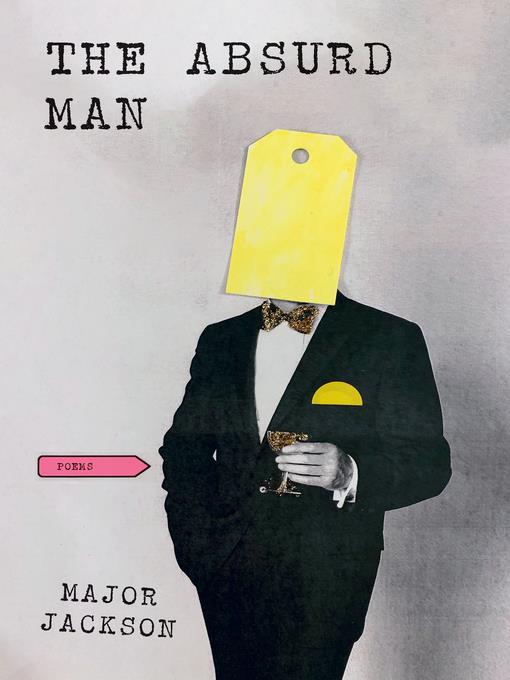
The Absurd Man
Poems
- اطلاعات
- نقد و بررسی
- دیدگاه کاربران
نقد و بررسی

Starred review from December 16, 2019
In the shimmering fifth collection from Whiting Award–winner Jackson (Roll Deep), Albert Camus’s concept of the “absurd creator,” who creates “for nothing,” inspires a vivid travelogue from Xichang to North Philadelphia to Paris as Jackson’s speaker searches for meaning. Depicting urban scenes, Jackson recalls a “white-gloved/ doorman who opening a glass door gets a whiff/ of a dowager’s thick perfume and recalls baling timothy/ hay as a boy in Albania.” Elsewhere, Jackson’s eye is laser-sharp and wry, observing as “a drug-riddled couple/ shares the smoldering remains of an American Spirit... this city’s updated version of American Gothic.” Throughout the book, Jackson’s weaving of mythology and literary references serve as context for confrontations with personal ghosts, be they “his dead mother reappear in a storefront glass” or the grandfather who would “look askance at my treasured collection of stemless wineglasses// and fashionable ascots.” Jackson’s speakers affectingly embrace self-interrogations that reckon with “our affair/ far away from my wife and their husbands” or “my children whom I scarred.” In this accomplished work, readers will find that absurdity is only a stop along the road to larger meaning.

January 1, 2020
Whiting Award winner Jackson's fifth poetry collection (after Roll Deep) concerns familial love, lust, civil rights, urban renewal, and a painful divorce, disparate topics he aims to unify with frequent references to Albert Camus's philosophy of the absurd. As Camus explains in his essay "The Myth of Sisyphus," humankind resembles the king of Greek legend who continually pushed a rock uphill only to see it come crashing down. Most of Jackson's poems take the same path as they attempt to make meaning out of the contradictions of daily life, though a few offer an intuitive kind of sense. Here there's a suggestion that God is somehow connected to the absurd man's having never quite achieved his possibilities, though one senses that it's the narrator's very nature getting in the way. Mostly, though, it's overreaching with mixed metaphors and exhausting readers that keeps the poet from achieving his goals. Too bad, because there are good poems here, such as "Dear Zaki," written for Notozake Shange, which has a recognizable pattern as it echoes Alan Ginsberg's tribute to Walt Whitman, "A Supermarket in California." VERDICT Jackson has said that he wants his poems to change language into feeling. Alas, in this collection, they seldom do.--C. Diane Scharper, Johns Hopkins Univ., Baltimore, MD
Copyright 2020 Library Journal, LLC Used with permission.




دیدگاه کاربران